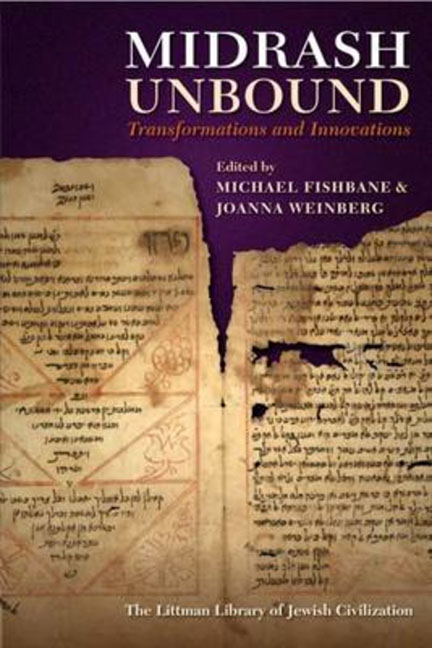2 - The Hand upon the Lord's Throne: Targumic and Midrashic Perceptions of Exodus 17: 14–16
Summary
MICHAEL FISHBANE has recently drawn the attention of students of rabbinic literature to a remarkable exegesis of Exodus 17: 16 preserved in Pesikta derav kahana and parallels, which he describes as ‘a subtle and daring parsing of the passage’. Such is the importance of Fishbane's observations that some further consideration of the material he handles might be useful and informative, particularly when the Aramaic Targumim of the verses which he discusses are brought into the picture. Unlike the classical midrashim, the Targumim offer the hearer or reader a translation of the biblical texts into another language. By its very nature, translation cannot help but transform in some measure the material with which it has to deal, however scrupulous the translator might be to provide a ‘literal’ rendering from the original into the target language. It is also evident that the Aramaic meturgemanim (‘translators’) took special care to represent each Hebrew word in the process of their translation. While the authors of the midrashim could, and did, pass over in silence individual words, phrases, or even whole sentences in expounding a given biblical passage, the meturgemanim could not do so. This general principle holds true even for those Targumim on the Writings best known for their complex, paraphrastic expansion of the Hebrew text, like the Targum Song of Songs.
This last point is particularly telling. In his search for a definition of Targum, a task involving painstaking, detailed literary and formal analysis of key targumic passages, Alexander Samely has concluded that the nature of Targum may be encapsulated in a typological definition such as the following: ‘Targum is an Aramaic narrative paraphrase of the biblical text in exegetical dependence on its wording.’ This succinct definition is itself distilled from five aspects of Targum which Samely describes as basic features, and the first of these is precisely that comprehensive aspect of Targum already noted here, which requires every biblical verse to be translated, and in biblical order. Samely secondly notes the non-appearance in Targum of alternative interpretations of the Hebrew: there is no place for ‘another explanation’ (davar aḥer), so characteristic of the midrashim. Alternative renderings are nonetheless to be found; but they require new, ‘alternative’ Targumim; as we shall see presently, Exodus 17: 14–16 has no shortage of these.
- Type
- Chapter
- Information
- Midrash UnboundTransformations and Innovations, pp. 25 - 40Publisher: Liverpool University PressPrint publication year: 2013



